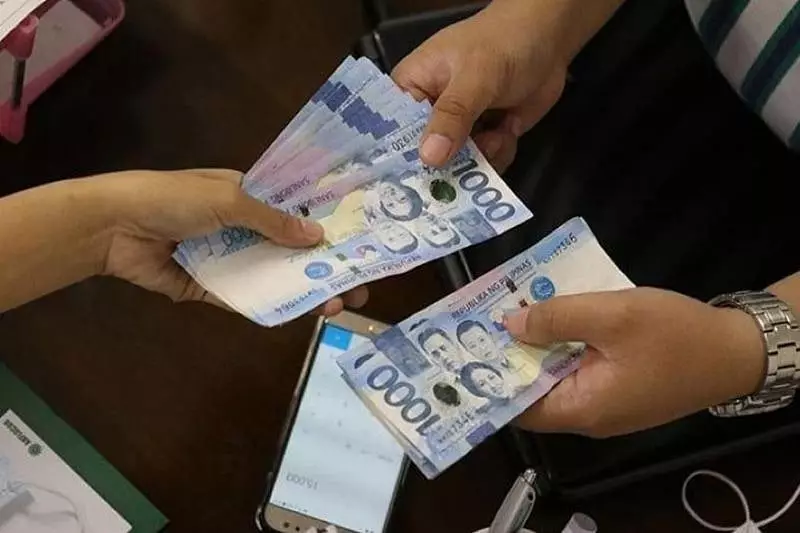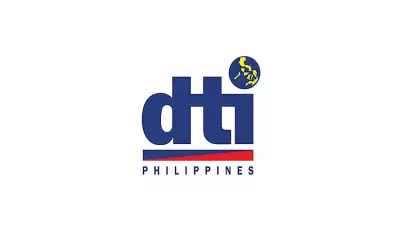
The proposed P2,000 across-the-board wage increase has become the most contentious issue in Davao City, creating a deep divide between hopeful workers and concerned business owners. The Regional Tripartite Wages and Productivity Board in Davao Region is now at the center of this heated economic debate.
Workers' Struggle for Survival
For many minimum wage earners in Davao, the current P481 daily wage falls painfully short of meeting basic needs. "The prices of goods continue to increase, but our salaries remain the same," shared Marilou Collado, a food service worker who supports her family on her earnings.
Labor groups argue that the wage hike is long overdue and essential for workers to cope with rising inflation. The current wage rate hasn't seen a significant increase since 2022, leaving many families struggling to keep up with the escalating costs of food, transportation, and utilities.
Business Sector Sounds Alarm
Meanwhile, the business community warns of catastrophic consequences if the proposal passes. John Tria, a prominent business leader, expressed grave concerns: "While we understand workers' needs, a sudden P2,000 increase could force many small and medium enterprises to close their doors."
Business owners predict several potential outcomes:
- Massive layoffs and reduced hiring
- Price increases passed on to consumers
- Business closures, particularly among smaller establishments
- Reduced operational hours and benefits
Finding Middle Ground
The wage board faces the challenging task of balancing workers' legitimate needs with business sustainability. Some economists suggest a phased approach might offer a compromise solution.
Possible alternatives being considered include:
- Implementing the increase in staggered increments over several years
- Creating tiered increases based on business size and capacity
- Combining moderate wage increases with additional non-monetary benefits
Economic Ripple Effects
Beyond the immediate impact on workers and businesses, economists warn of broader economic consequences. A sudden wage shock could accelerate inflation, potentially negating the intended benefits for workers. The informal sector, comprising nearly 40% of Davao's workforce, might also face unintended negative effects.
As the wage board continues its consultations, all eyes remain on Davao, where the outcome could set a precedent for other regions facing similar wage adjustment debates.





